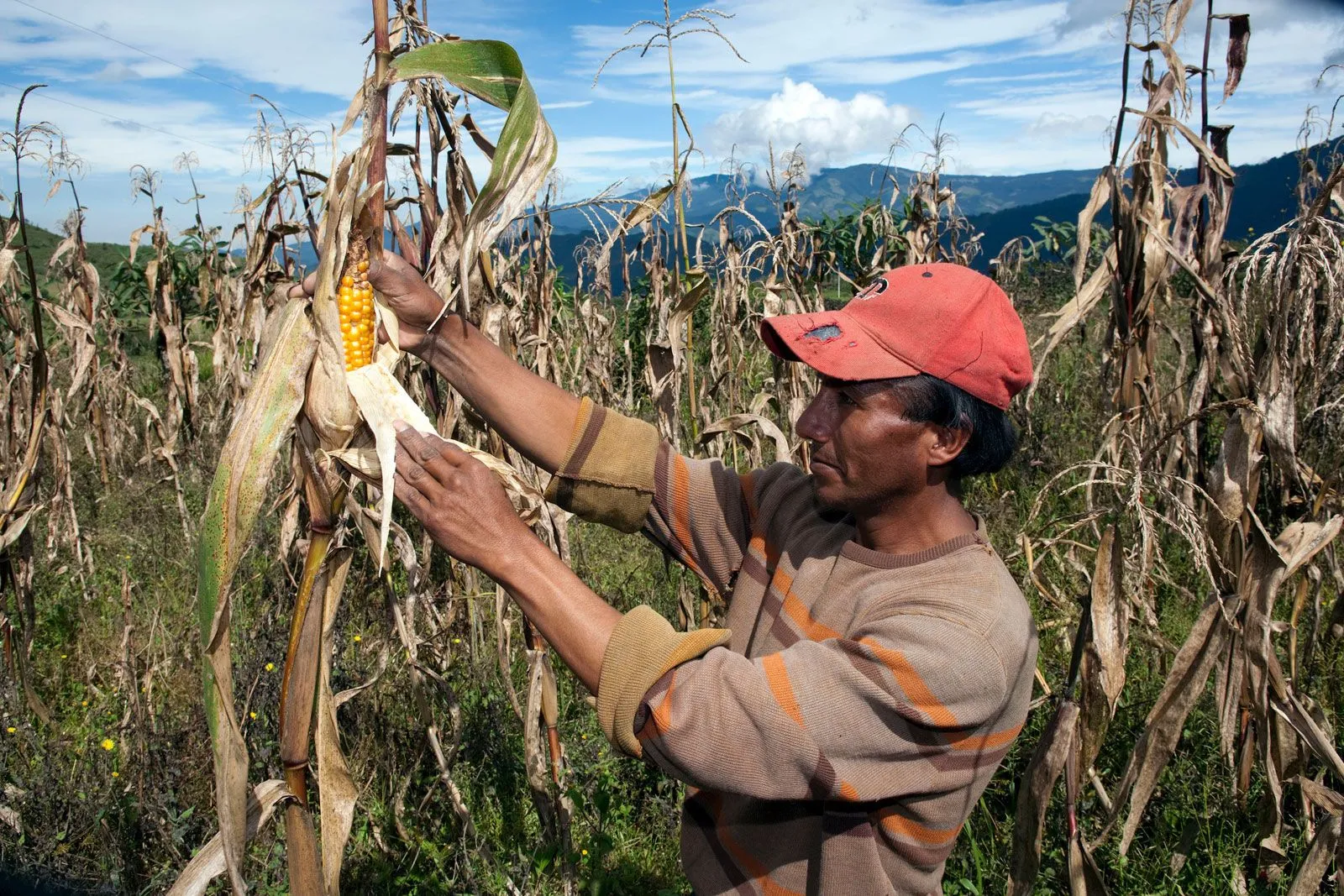Small-scale farmers play a crucial role in global food production, yet they face numerous challenges that can hinder their ability to thrive and succeed. In this blog post, we will explore the unique struggles faced by thse farmers and discuss potential solutions to address these challenges.
Limited Access to Resources:
One of the primary challenges faced by small-scale farmers is limited access to resources such as land, capital, and technology. Many smallholder farmers operate on small plots of land with limited access to modern farming equipment and inputs. As a result, they often struggle to achieve economies of scale and compete with larger, more mechanized farms. Limited access to capital further exacerbates this issue, making it difficult for these farmers to invest in new technologies, inputs, and infrastructure needed to improve productivity and profitability.
Lack of Market Access and Market Information:
Small-scale farmers often face challenges in accessing markets for their products. They may lack the infrastructure and transportation networks needed to transport their goods to market, leading to issues such as post-harvest losses and reduced profitability. Additionally, these farmers may lack access to market information, making it difficult for them to make informed decisions about what crops to grow and when to sell their produce. Lack of market access and information can contribute to price volatility and income instability for small-scale farmers.
Climate Change and Environmental Degradation:
Small-scale farmers are particularly vulnerable to the impacts of climate change and environmental degradation. Erratic weather patterns, prolonged droughts, floods, and extreme temperatures can devastate crops and livestock, leading to significant losses for smallholder farmers who lack the resources to adapt or recover. Environmental degradation, such as soil erosion, deforestation, and water scarcity, further exacerbates these challenges, undermining the long-term sustainability of small-scale farming systems.
Limited Access to Education and Extension Services:
Many small-scale farmers have limited access to education and extension services that could help them improve their farming practices and adopt more sustainable techniques. Extension services provide valuable information and training on topics such as soil management, pest control, crop rotation, and climate-smart agriculture. However, small-scale farmers in remote or marginalized areas may lack access to these services, hindering their ability to adopt best practices and improve productivity.
Vulnerability to Market Shocks and Price Volatility:
Small-scale farmers are often vulnerable to market shocks and price volatility, which can have a significant impact on their income and livelihoods. Fluctuations in global commodity prices, changes in consumer preferences, and disruptions in supply chains can all affect the profitability of small-scale farming operations. Additionally, small-scale farmers may lack access to financial instruments such as futures contracts or insurance products that could help them hedge against price risks.
Social and Political Marginalization:
Small-scale farmers, particularly those belonging to marginalized communities, may face social and political marginalization that can further exacerbate their challenges. Discriminatory land tenure systems, unequal access to resources, and lack of representation in decision-making processes can all contribute to the marginalization of small-scale farmers and hinder their ability to advocate for their rights and interests.
Conclusion:
Small-scale farmers face numerous challenges that can hinder their ability to thrive and succeed. Limited access to resources, market access, and information, coupled with the impacts of climate change and environmental degradation, pose significant obstacles to the sustainability and resilience of small-scale farming systems. Addressing these challenges will require a multifaceted approach that includes improving access to resources and markets, promoting sustainable farming practices, strengthening extension services, and addressing social and political marginalization. By supporting small-scale farmers, we can help ensure food security, promote rural development, and build more resilient and sustainable agricultural systems.





